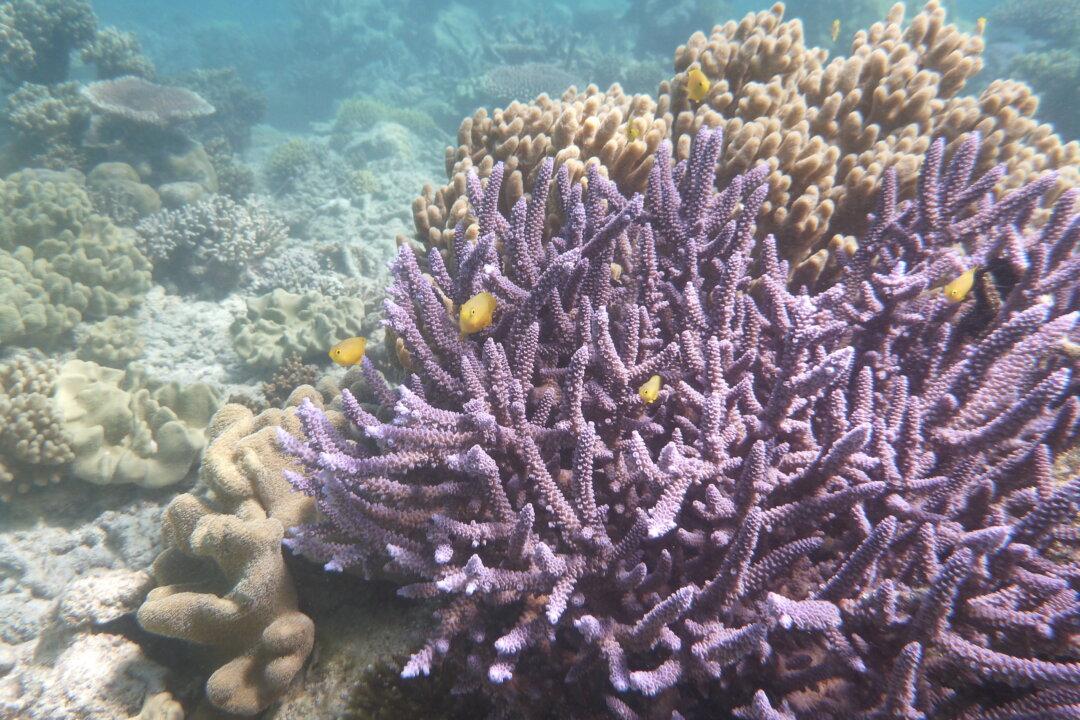The Great Barrier Reef could disappear, according to a University of Melbourne academic.
Benjamin Henley led research into the “Highest Ocean Heat in Four Centuries Places Great Barrier Reef in Danger” report for the university, that maps 400 years of research into summer sea temperatures in the Coral Sea.





